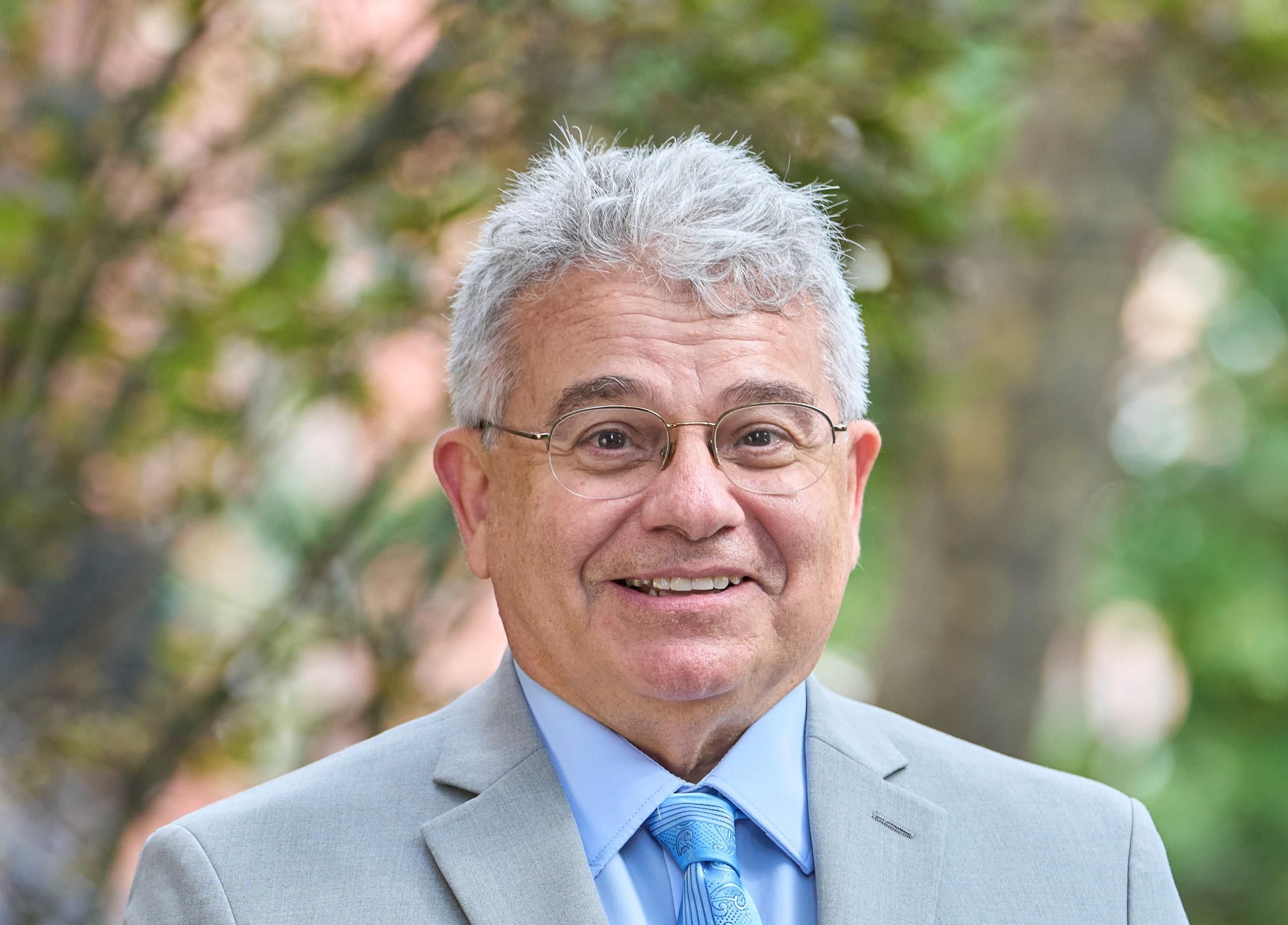Can International Investment Agreements Advance the UN’s Sustainable Development Goals?
Speaker(s):
Series:
Notes & Changes
To join (whether in person or online), please complete the Registration Form above by 5:30pm on Wednesday 24 April 2024. The Zoom link will be sent after that time. Please note that if you register for online attendance after this time, a Zoom link may not be sent to you. If joining in person, registration is helpful but not essential.
The PIL Discussion Group's meetings are part of the programme of the British Branch of the International Law Association and are supported by the Law Faculty and Oxford University Press.
Abstract
International Investment Agreements (IIAs) were designed to increase the flows of foreign investment among nations in order to achieve economic development. IIAs, in the form of bilateral investment treaties (BITs) or investment chapters to broader free trade agreements, pursued this goal by providing assurances to foreign investors that their rights would be respected and if not, they would be able to bring arbitral claims against their host states for treaty violations. While IIAs proliferated in the 1990s, they have since faced a torrent of criticisms as the promised benefits of deregulation, the protection of foreign owned property, and ‘freed’ capital flows failed to materialize. IIAs and investor-state dispute settlement (ISDS) are now in the midst of reforms, touted by UNCTAD and UNCITRAL, that seek a ‘re-balancing’ that would restore states’ ‘right to regulate’ vis-à-vis foreign investors’ treaty protections. At the same time, the needs for foreign investment that IIAs were supposed to address have never been greater. According to UNCTAD, the UN’s Development Agenda, premised on achieving 17 Sustainable Development Goals (SDGs) by 2030, is under severe challenge given a 4 trillion dollar annual gap in capital needed to achieve those SDGs -- from ending hunger to preventing or mitigating climate change. This paper argues that SDG-friendly foreign investments cannot be expected either under old IIAs – which relied on market actors – or on newly reformed IIAs – which depend on sovereigns to exercise their restored rights to regulate responsibly. It argues that IIAs can help fulfill SDG goals only if reforms to them embrace states’ duties to regulate under their human rights commitments to, for example, advance gender equality. IIAs need not undermine the SDGs but we can (and must) do better than attempt to make sure that they merely do no harm.
Speaker
Professor José E. Alvarez

José Alvarez is the Herbert and Rose Rubin Professor of International Law at New York University School of Law. Before coming to NYU, he was the Hamilton Fish Professor of International Law and Diplomacy and the executive director of the Center on Global Legal Problems at Columbia Law School, a professor of law at the University of Michigan Law School, an associate professor at the George Washington University’s National Law Center, and an adjunct professor at Georgetown Law Center. At NYU he teaches courses on international law, foreign investment, and international organizations. He served as president of the American Society of International Law (ASIL) from 2006-2008 and was the immediate prior co-editor-in-chief, along with his NYU colleague, Benedict Kingsbury, of the American Journal of International Law. His lectures on “The Public International Law Regime Governing International Investment” at the Hague Academy of International Law were published as a pocketbook in 2011. His other books are a collection of essays, co-edited with others, entitled The Evolving International Investment Regime (OUP 2011) and International Organizations as Law-Makers (OUP 2005). He has published over 150 articles and book chapters. For a full listing of prior publications and video-taped lectures, see his curriculum vitae.
__
The Public International Law Discussion Group at the University of Oxford is a key focal point for PIL@Oxford and hosts regular speaker events. Topics involve contemporary and challenging issues in international law. Speakers include distinguished international law practitioners, academics, and legal advisers from around the world.
The Discussion Group's meetings are part of the programme of the British Branch of the International Law Association and are supported by the Law Faculty and Oxford University Press.
The speaker will commence at 12:45pm UK Time and the speaker will present for around 30-40 minutes, with around 30 minutes for questions and discussion. The meeting should conclude by 2pm UK Time.
Practitioners, academics and students from within and outside the University of Oxford are all welcome.
PIL Discussion Group Convenor: Ayako Hatano


 Add to calendar
Add to calendar


